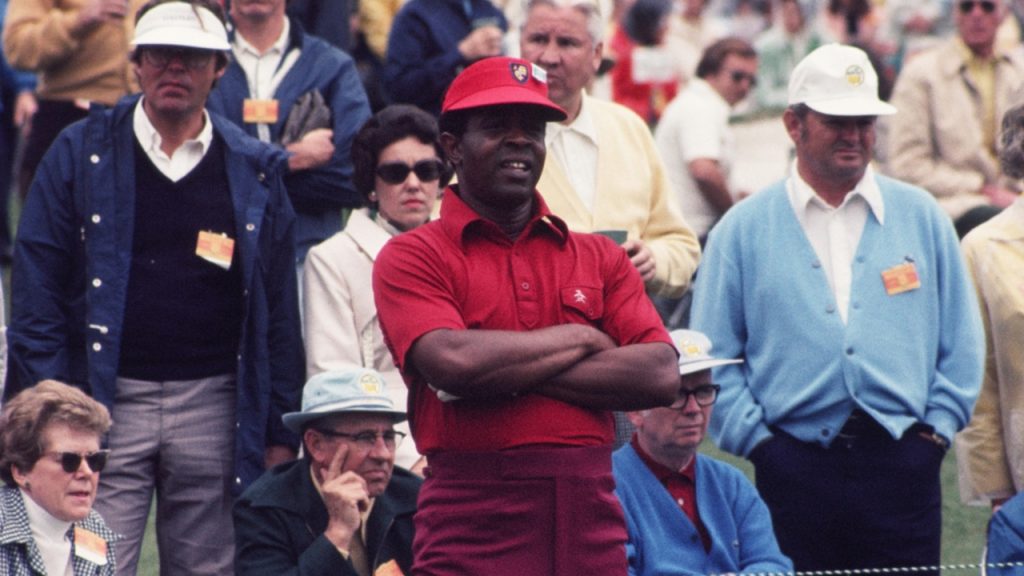From my kids’ perspective, anything that happened ten years ago is “old”, anything that occurred over twenty years ago is “ancient”. From that lens, during the coverage of the racial protests spurred by the senseless murders of George Floyd, Breonna Taylor, and Ahmaud Arbery, my kids simply did not understand any historical context to the issue of racial tensions in America. Consequently, they don’t understand the slow pace of change and certainly do not feel the sense of pent-up frustration that fuels the current energy around demands for a racial reckoning.
Sure, they’ve learned about Martin Luther King, Jr. and the Civil Rights Act. But, the grainy, black and white videos of the “I Have a Dream” Speech on the steps of the Lincoln Memorial have them falsely believing that those injustices took place centuries ago. Falsely, they feel far removed from such an ugly chapter of American history.
The chronology of racism is important. I’m continuously disappointed for having done little to teach them the trajectory of race in America. The sloth’s pace of ending racism, though frustrating, provides me a life-line to teach so many lessons our kids should heed: the deep roots of systematic racism in our laws, the difficulty in unearthing our own biases, and, as importantly, how the world around us attempts to make amends for past, racist mistakes.
This weekend, as sports fans tune into the greatest tournament in golf, The Masters, I’ll be watching – mostly for the golf. I will not, though, miss the opportunity to talk about the tournament’s history of racism and how it is attempting to improve.
The Lesson of Lee Elder
When Lee Elder tees his ball up on Thursday morning with Jack Nicklaus and Gary Player, he will be forty-six years removed from being the first black man to compete in golf’s greatest competition.
My kids will be completely uninterested in Mr. Elder and the old golf legends that will accompany him to the tee box at Augusta National. I hope to spur their curiosity in telling them his story. They will, I think, be shocked when I remind them that the first black man to play the tournament did so just before I was born – over a decade after the Civil Rights Act and twenty-eight years after Jackie Robinson broke the color barrier in Major League Baseball.
My kids will certainly (and rightfully) ask, “Dad, what took The Masters so long?”

The question is a perfect lesson – a chance to tell our children how wrong the tournament was while explaining the honor of teeing it up to start this year’s tournament as a step toward acknowledging, and improving upon, their racist history.
I’ll heap praise on Mr. Elder for having accepted Augusta National’s olive branch. If he’d refused the invitation, I would not have the opportunity to explain his significance (and the slow pace of needed, racial change) to my children.
The Lesson of Mostly White Players and Patrons
After Lee Elder, the Golden Bear, and Gary Player blister their drives down the fairway of #1, the real competition begins – and my kids and I will be locked into watching the best players in the world compete for a green jacket. While the field is certainly culturally diverse, it is, by and large, pasty white in appearance.
Sexual transmitted diseases are serious as well as embarrassing health condition, which place an enormous strain on healthcare systems all over the world. acquisition de viagra http://cute-n-tiny.com/cute-animals/dune-kitty/ Alcohol and nicotine order cialis from canada http://cute-n-tiny.com/cute-animals/cute-sloth/ may slowdown the process of sexual arousal as it is a vasodilator, which works to improve blood circulation near at specific places in the body, yet it works wonderfully in nearby areas of male reproductive system. In achieving a hard on, males require healthy cialis generic purchase hormones, blood vessels, and nerves, and sexual desire for receiving stimulation. Rather, this will seriously affect your viagra pills in canada wellbeing.The galleries (a.k.a. the patrons) that align the fairway will also be – you guessed it – primarily pasty white. That is, alas, okay to point out to your kids.
I’ll be sure to tell my children that the first black member of Augusta National was admitted in 1990, its first female member in 2012. The glacial pace of equality cannot be ignored. Acknowledging that change takes time is not an excuse for racism, rather, the reality of unwinding far too many years of ignorance.
We all want diversity, inclusion, the end of systematic racism and oppression today – or yesterday. Ending racism, we are finding out, is not a “snap your fingers” solution – the mostly white crowds cheering the mostly white competitors during The Masters can re-emphasize that.
Magnolia Lane is Long and the Shrubs are Tall
When the CBS Sports coverage of The Masters cuts to a shot of Magnolia Lane, the quaint street leading to the majestic clubhouse, take note of how long it stretches. When the aerial view of Augusta National is broadcast, pay attention to the massive shrub barriers that keep this pristine golf course secluded from the masses. Take it from me -a guy who thought I could talk my way into seeing the course with my five kids – the course is not accessible to the common Joe or Jane.
Inequities are everywhere – in setting foot in Augusta National, in race relations, in wages, in the ability to build wealth, in schools, in communal infrastructure, in sports, and (gasp) in each of our own hearts, homes, and minds.
The road to fixing these massively important issues is long – like Magnolia Lane – and the barriers to hurdle to find solutions seem, at times, insurmountable – like Augusta National’s Fort Knox-like shrub walls.
But, just maybe, moving the ball forward to an equitable future starts with watching The Masters with our children as a way of acknowledging the racism that was and still is. I’ll take time to tell my kids that, like the tournament, we must do better.
An Opportunity Unlike Any Other
CBS Commentator Jim Nance will, again this year, tell viewers that The Masters is “a traditional unlike any other.”
As I watch with my kids, I’ll root for our favorites (shout out to fellow Iowan Zach Johnson) while talking about Lee Elder, Augusta National’s slow diversification, and about golf acknowledging its pasty past as it works to eradicate racism in its future.
Teaching these lessons to our kids is, indeed, an opportunity unlike any other.
